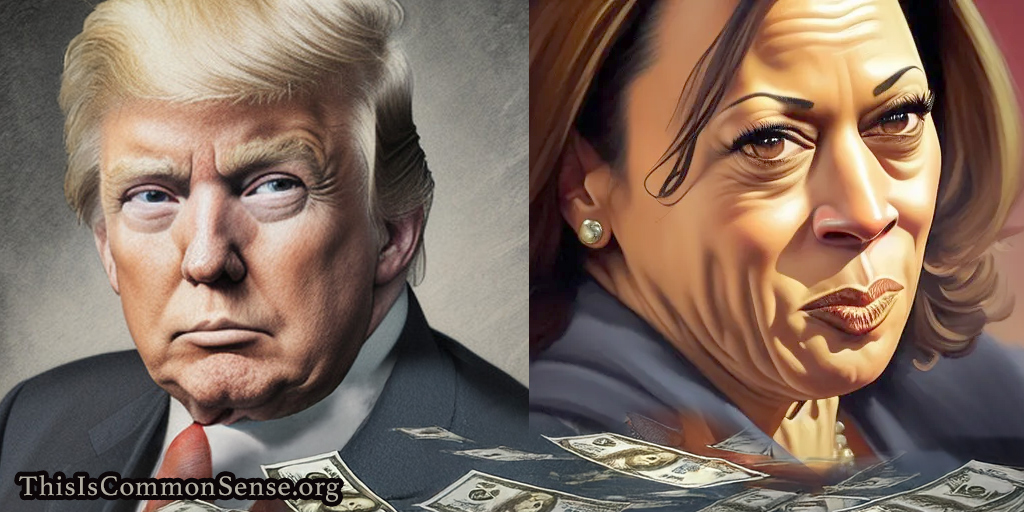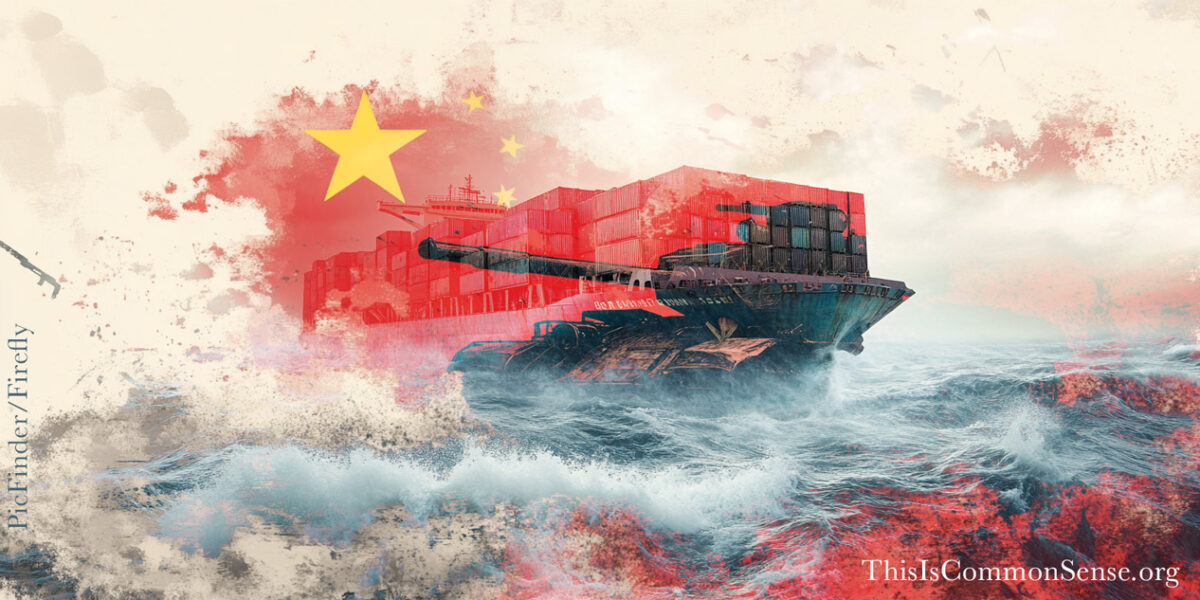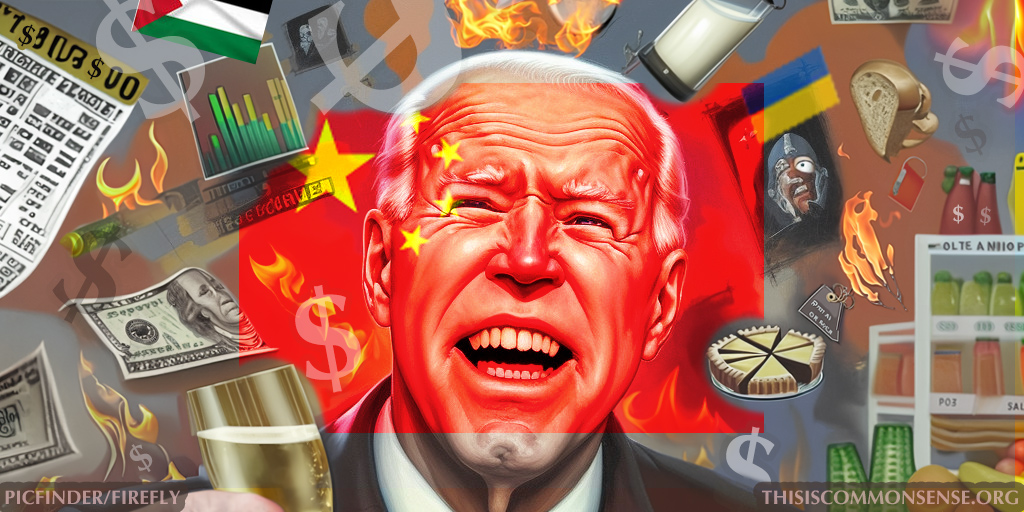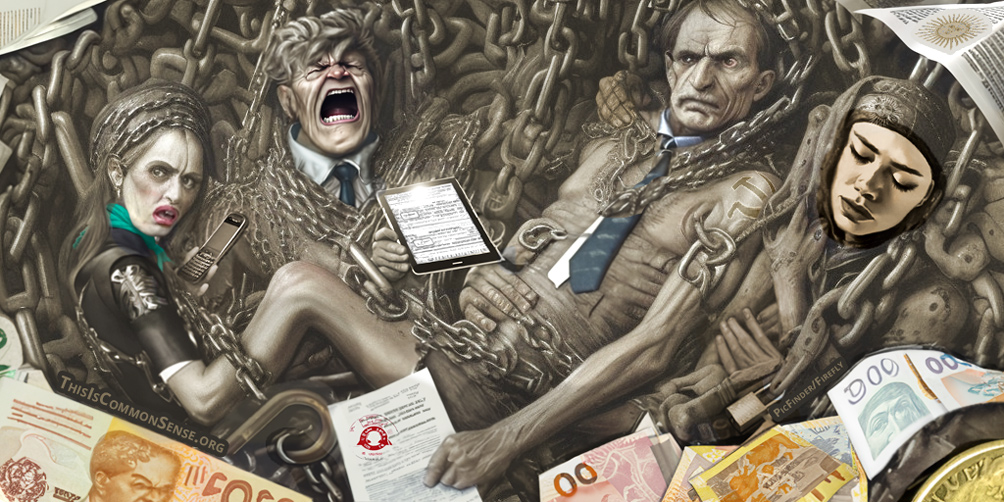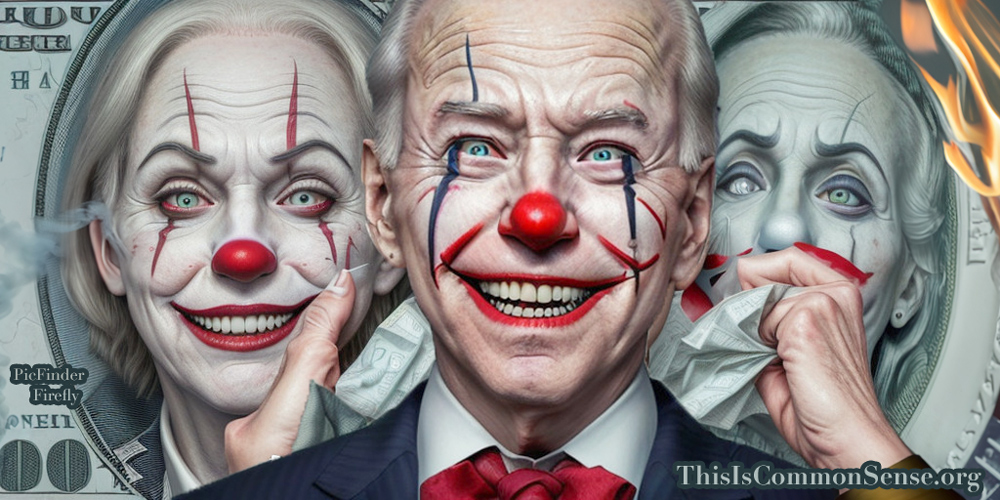America’s far-north (and far-left) autocrat, Prime Minister Justin Trudeau, is resigning.
His resignation may pertain to the fact that opposition parties promised to vote no confidence in Trudeau’s Liberal Party when the Canadian parliament meets in March.
Associated Press says that critics complained of Trudeau’s efforts to “strike a balance between economic growth and environmental protection,” i.e., sacrificing economic growth to environmentalist hobbyhorses.
Critics have many other complaints too.
What’s the worst of Trudeau’s conduct and policies? Tough call. But his treatment of the Canadian truckers who launched a Freedom Convoy to protest Canada’s ludicrous COVID-19 mandates has to be near the top of the list. Among other measures, Trudeau froze the bank accounts of protestors — and even those of some supporters.
GoFundMe cooperated by blocking donations to the truckers and even, briefly, declaring that blocked donations would not be returned to donors who failed to make a special appeal but would instead be redistributed to “credible and established charities.” The outrage over the planned theft, even if perfectly in sync with Trudeau’s hooliganism, was too great, though, and GoFundMe reversed itself.
Trudeau is also one of many Canadian politicians who leapt into inaction as the Chinese Communist Party tested the limits of its ability to interfere in Canadian elections and politics and engage in transnational repression. I have discussed the problem here; and the sister site of Common Sense, StopTheCCP, has touched on it here and here and here and here.
Trudeau’s exit is good news for Canada and the free world.
This is Common Sense. I’m Paul Jacob.
Illustration created with Flux and Firefly
See all recent commentary
(simplified and organized)
See recent popular posts

